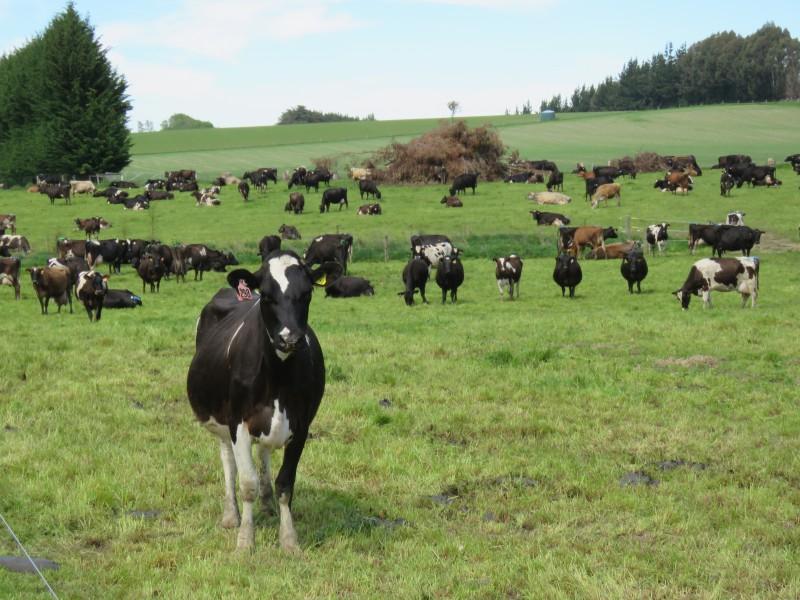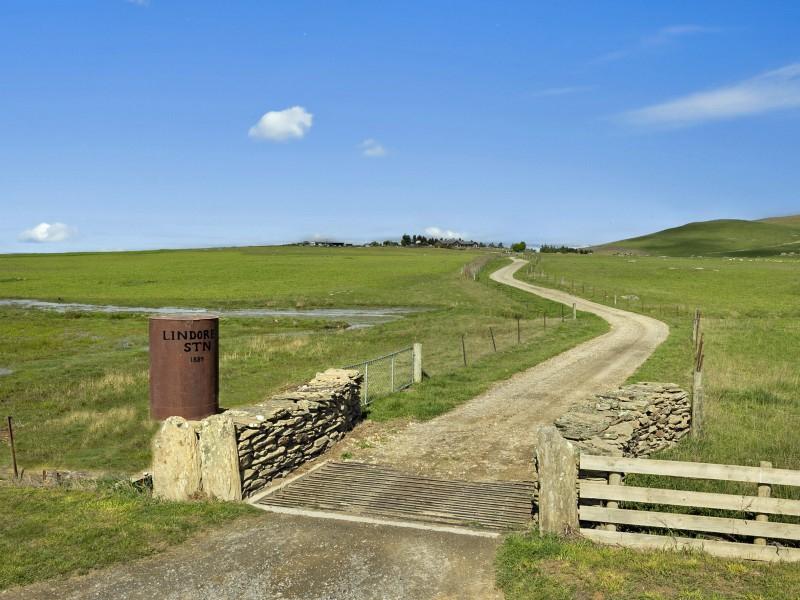Councillor John MacDonald resigns from Queenstown Lakes District Council
Queenstown-Wakatipu Councillor John MacDonald has tendered his resignation with immediate effect, mayor Jim Boult advised on Tuesday.
“Those close to him will know that John has been battling the effects of Parkinson’s disease and medical advice has been to significantly reduce his workload to focus on managing his condition," the mayor says.
MacDonald was first elected as a councillor to the Queenstown-Wakatipu Ward in October 2016.
"He has brought a steady and considered perspective to the table through some difficult debates and sensitive topics. I, for one, will miss his contribution to our important work for the district’s communities," Boult says.
MacDonald's resignation triggers the process for a by-election. Details will be published once confirmed.
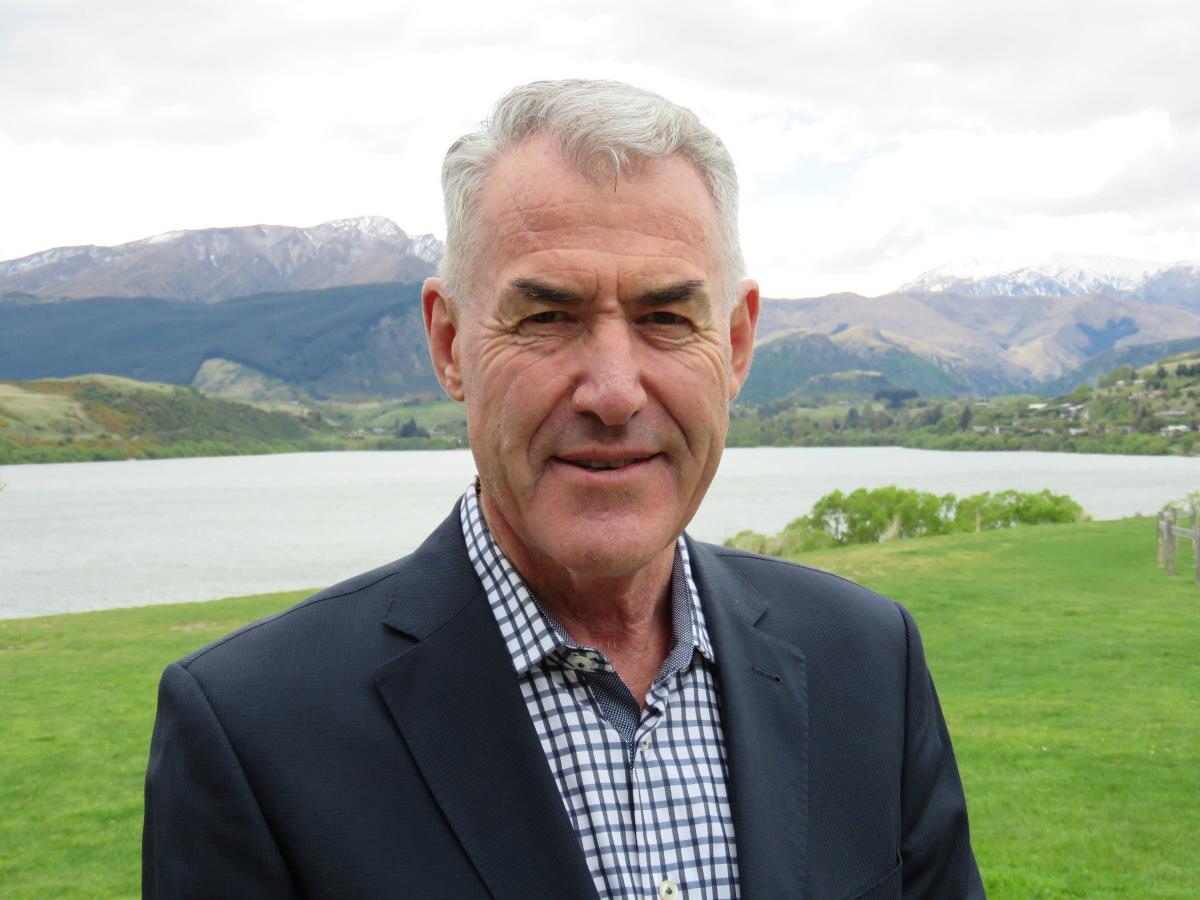
What's your favourite recipe for courgettes?
Kia ora neighbours. If you've got a family recipe for courgettes, we'd love to see it and maybe publish it in our magazine. Send your recipe to mailbox@nzgardener.co.nz, and if we use it in the mag, you will receive a free copy of our January 2025 issue.

What's your favourite tomato recipe?
Kia ora neighbours. We know your tomato plants are still growing, but we're looking ahead to the harvest already! If you've got a family recipe for tomatoes, we'd love to see it and maybe publish it in our magazine to share with our readers. Send your recipe to mailbox@nzgardener.co.nz, and if we use it in the mag, you will receive a free copy of our February 2025 issue.

Warnings about scams
This Fraud Awareness Week, we’re reminding everyone to stay sharp and look out for the warning signs of scams to stop them before they start.
Here’s what to watch out for:
🔍 Unrealistic offers or promises of easy money that are too good to be true
🔍 Pressure tactics: Scammers may rush or threaten you to act immediately.
🔍 Requests for personal info: Be cautious if you’re asked for bank details, passwords, or sensitive information.
🔍 Unusual payment methods like gift cards, cryptocurrency, or wire transfers.
🔍 Unverified contacts: Emails, calls, or messages from unknown or suspicious sources.
How to protect yourself:
✅ Stop and think before sharing personal details or making payments.
✅ Don't click on any links until you know that it is safe.
✅ Verify the source: Contact the organisation directly using official channels.
✅ If something’s not right, it's OK to hang up, walk away, ignore it and move on.
If you wish to report a scam, contact Police on 105 or report it online via 105.police.govt.nz/use-105.

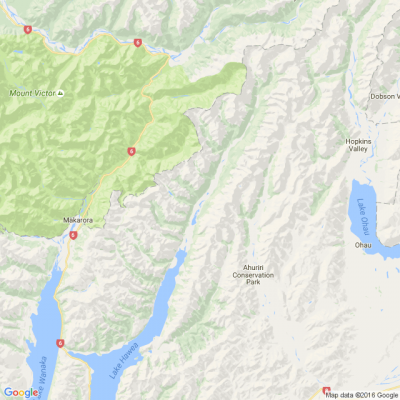
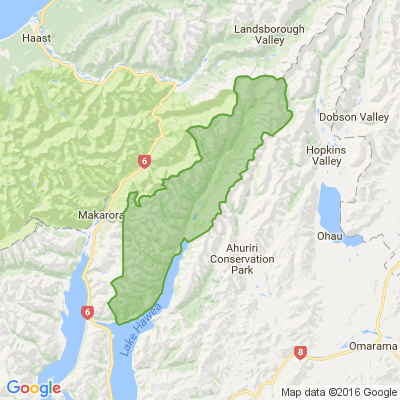




 Loading…
Loading…








